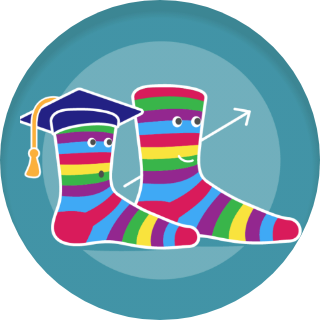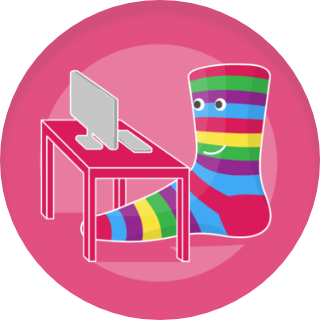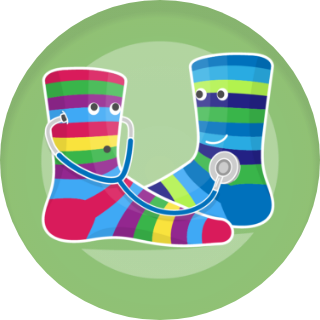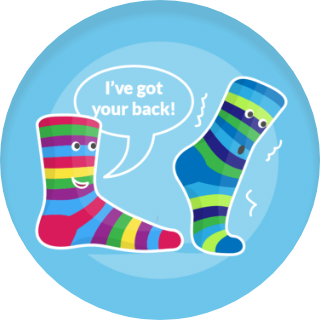
People with Down’s syndrome tell us they want to be active members of their communities; they want to be visible, valued and included. And we know they have so much to give!
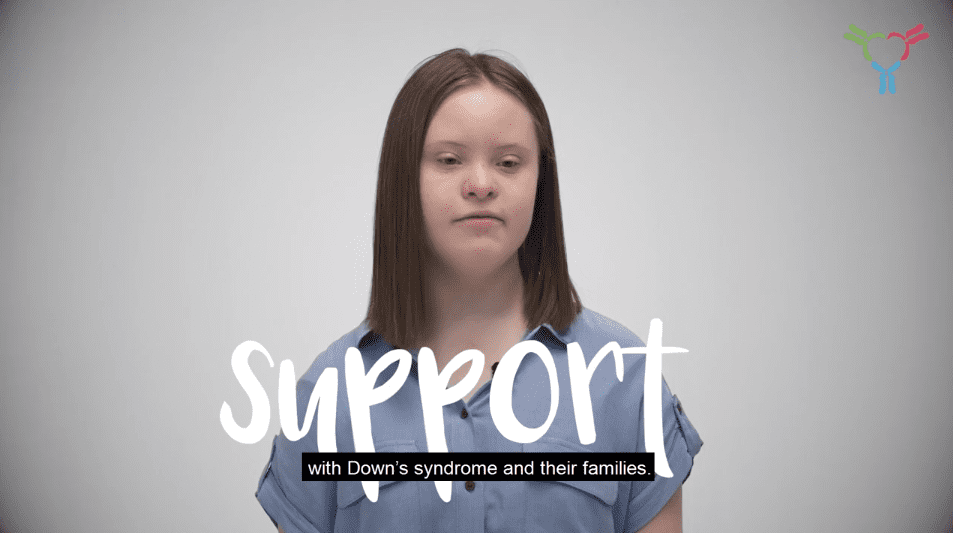
When we ask adults with Down’s syndrome what would make their lives even better, they tell us they want to build friendships and have more opportunities to socialise. They want to be involved with activities and social events in their communities. Some people want to live in their own place, others want to work or to volunteer.
Since 2020 there has been a significant increase in demand for our support services due to pandemic recovery and the cost-of-living crisis. Individuals with Down's syndrome and their families tell us they have found the past 3 years challenging to be active members of their communities, leading to an increase loneliness, isolation and feeling invisible.
To promote social inclusion, we have developed a range of social platforms that are accessible remotely, ensuring that we increase our reach, and no one is left behind, particularly those living in the more rural areas of the country.

People with Down’s syndrome have so much to offer as colleagues, friends, family members and neighbours and we want to make sure that everyone else can see this too.
If you work or volunteer in the community please support our Movement For Change and #TakeAStepForward with us to consider how you can help people with Down’s syndrome become more visible, more valued, and more included in your community.
Get in touch at takeastepforward@dsscotland.org.uk to discuss how you can get involved.
